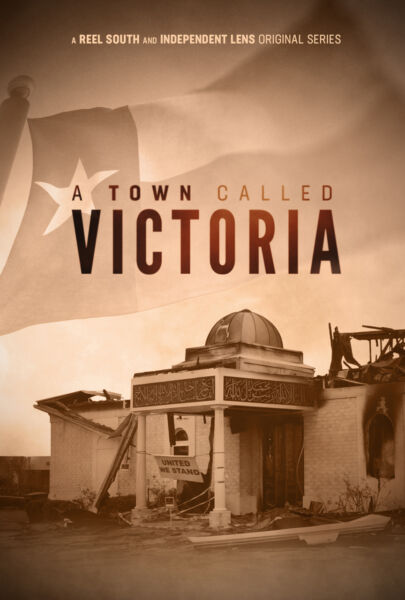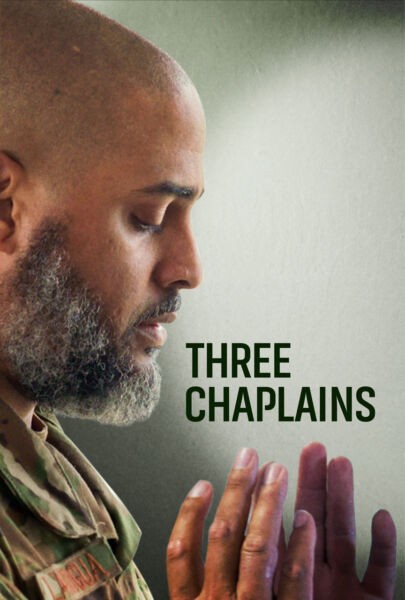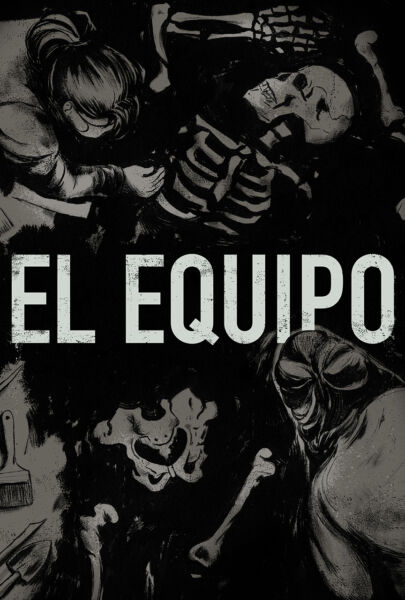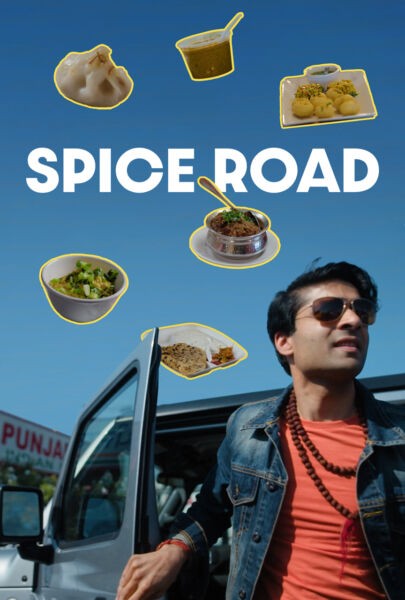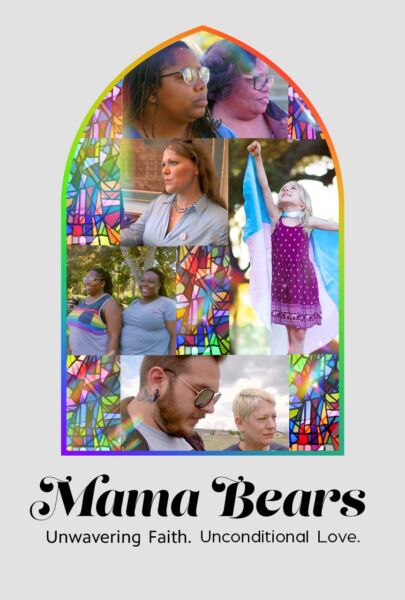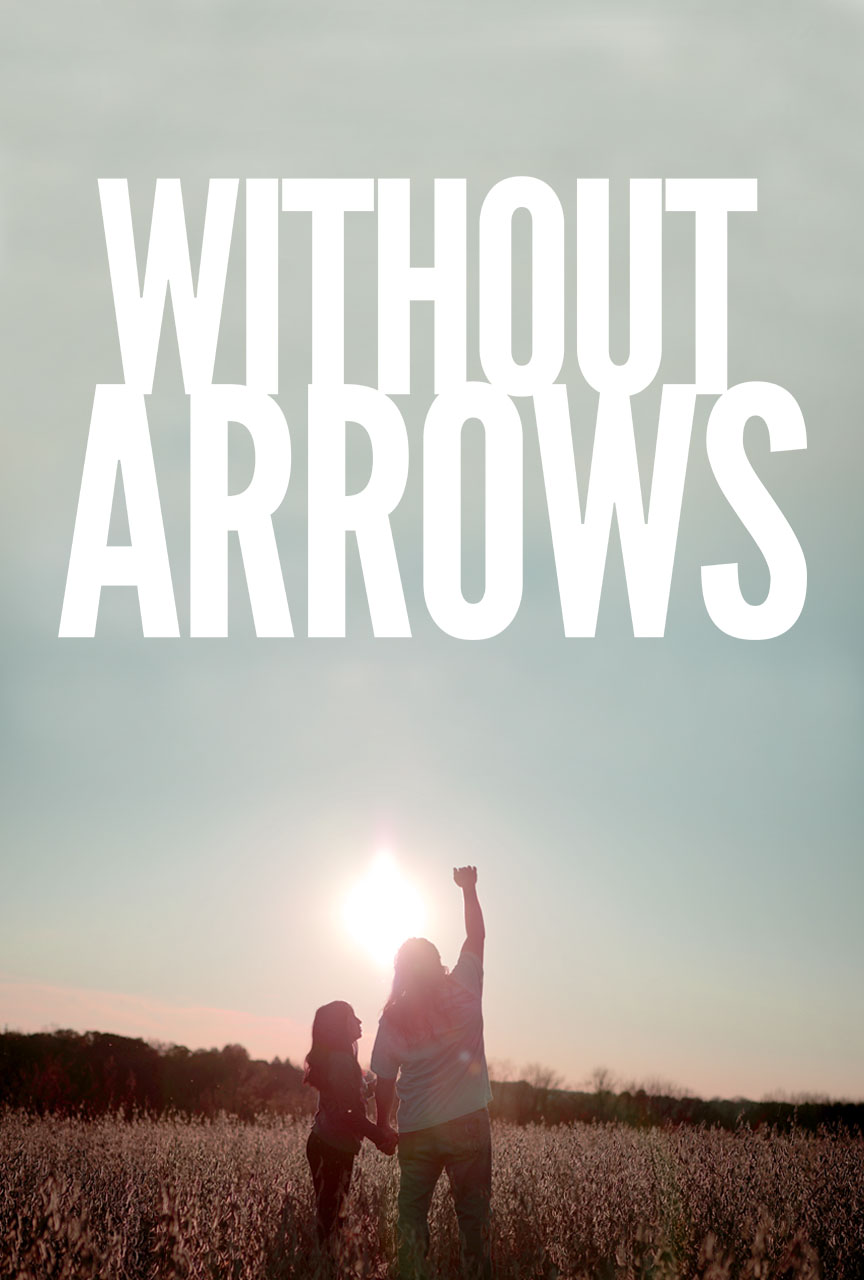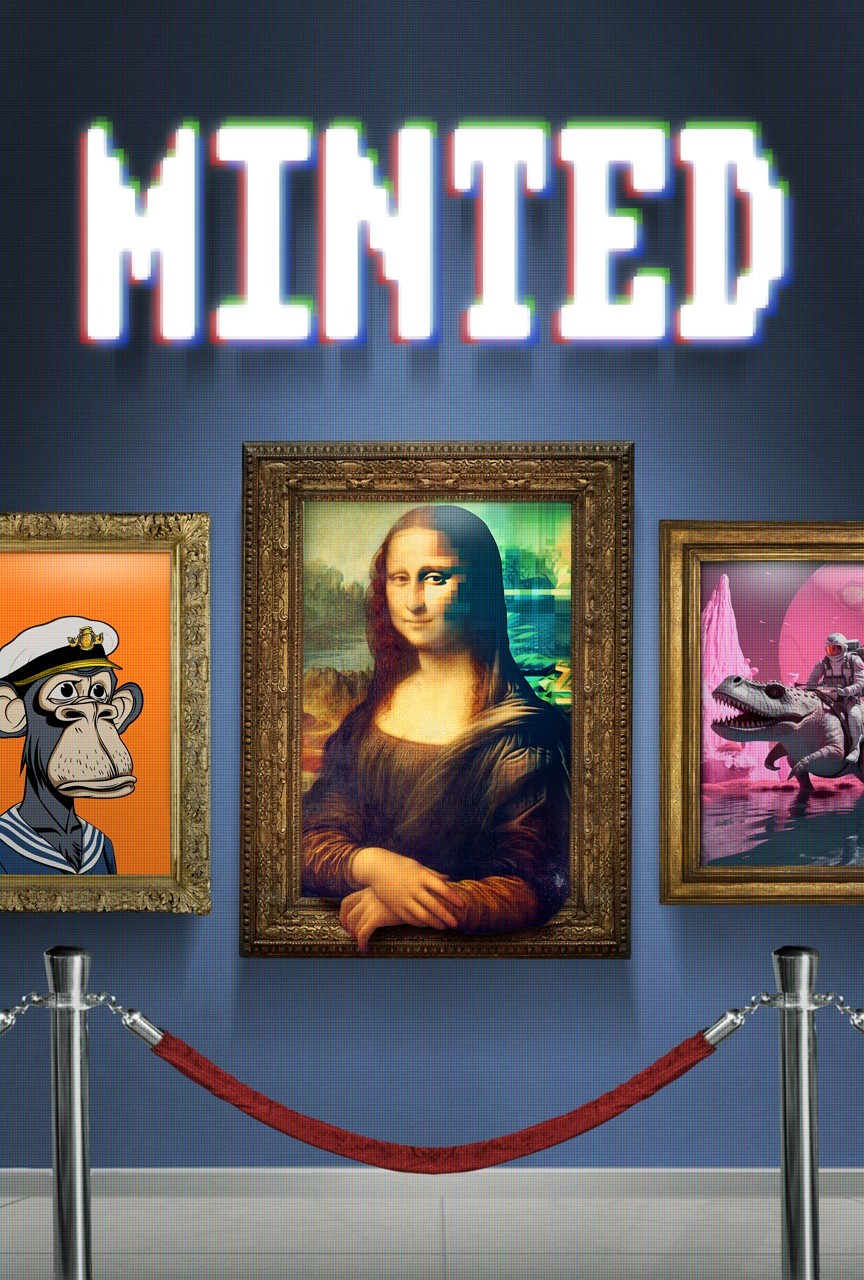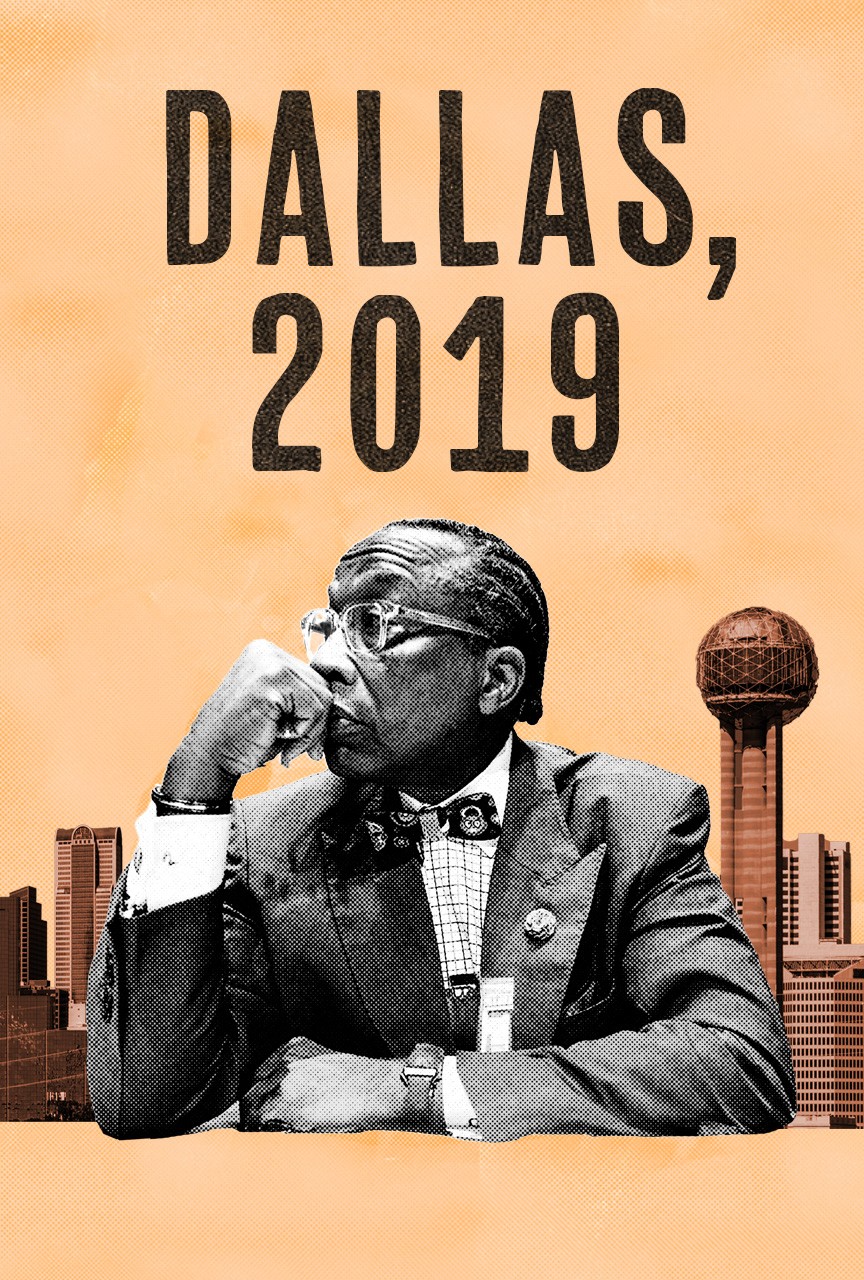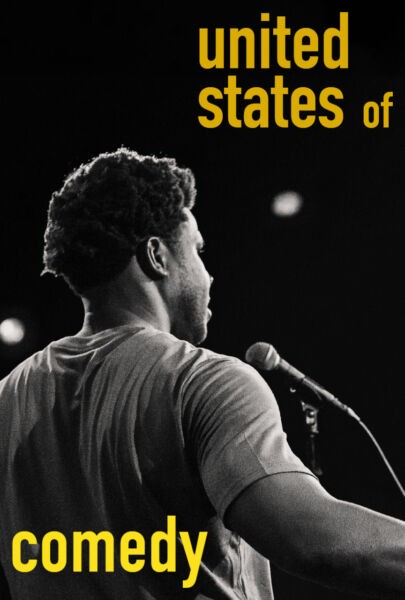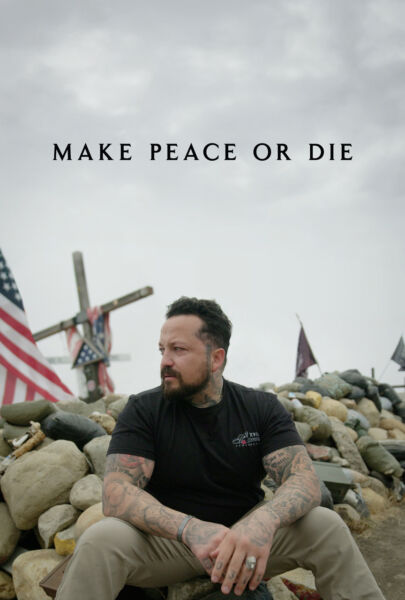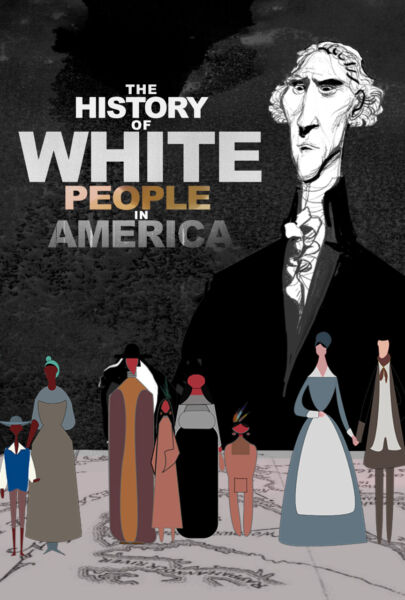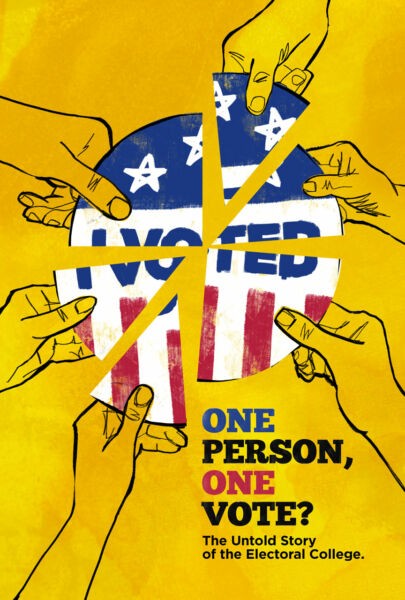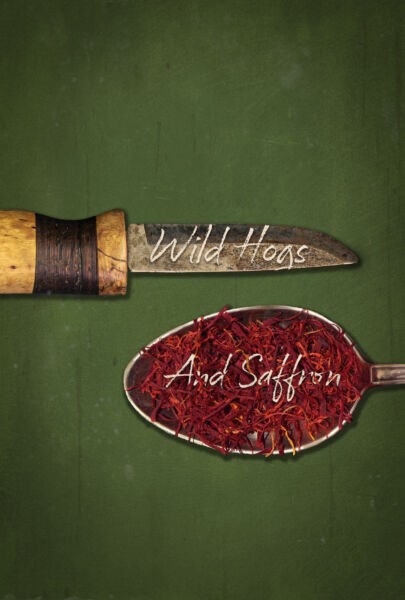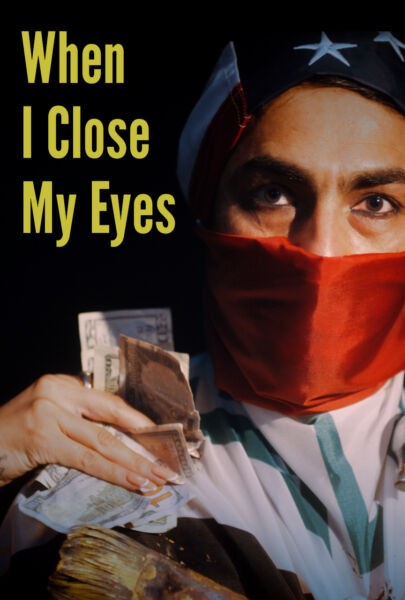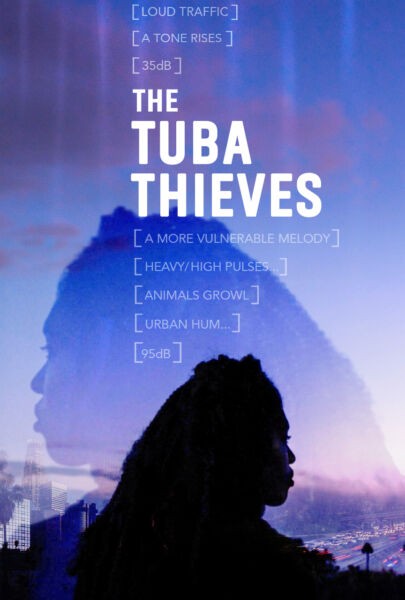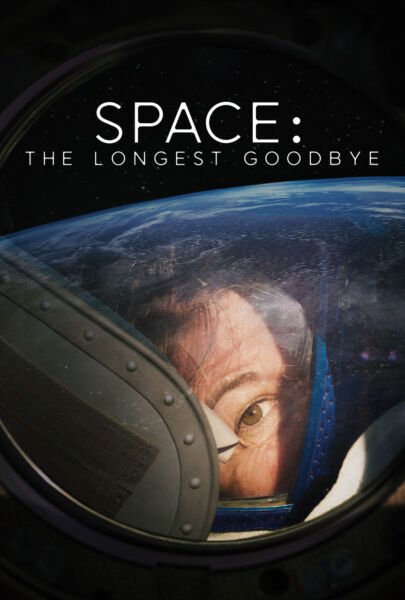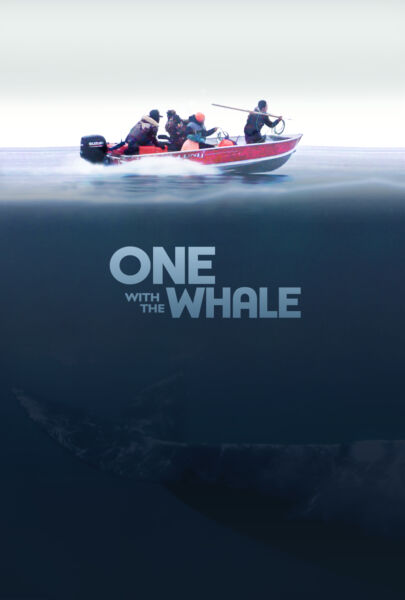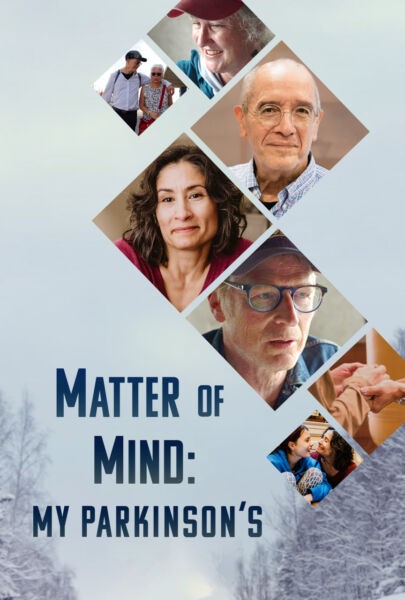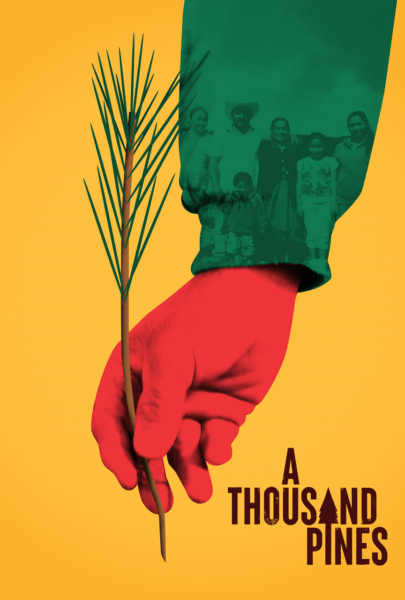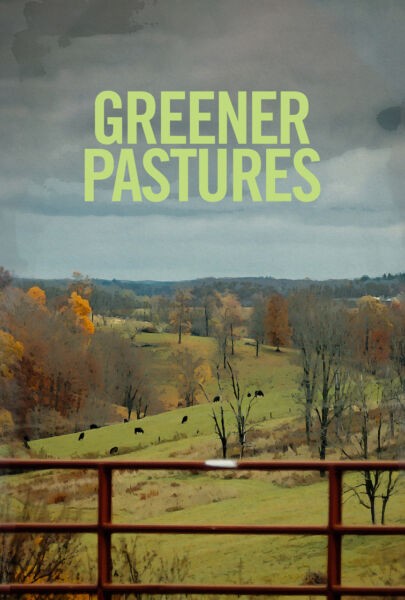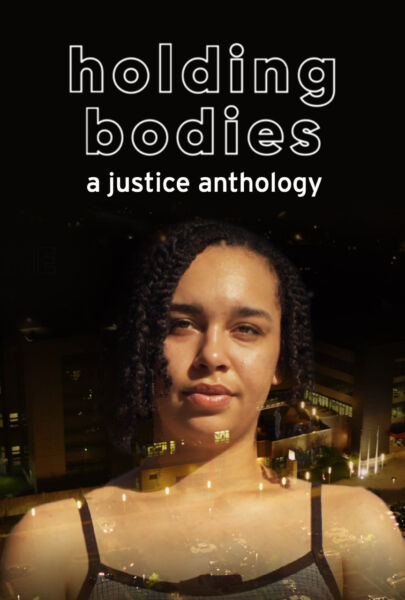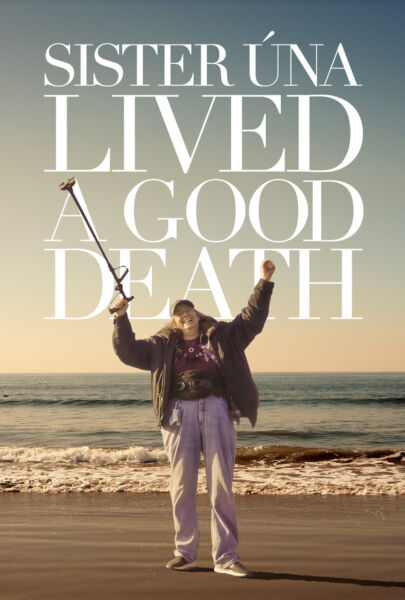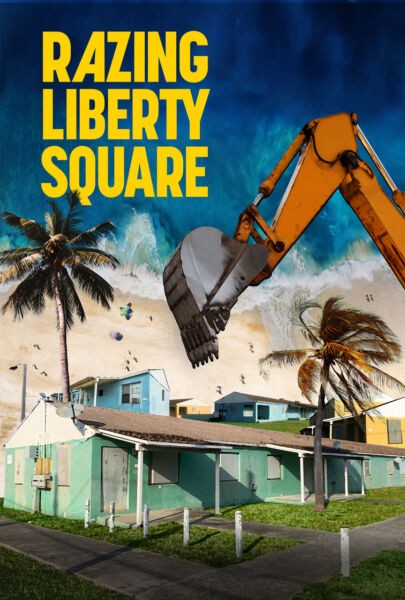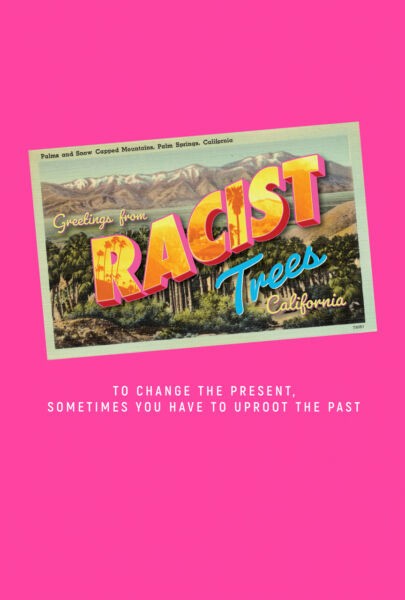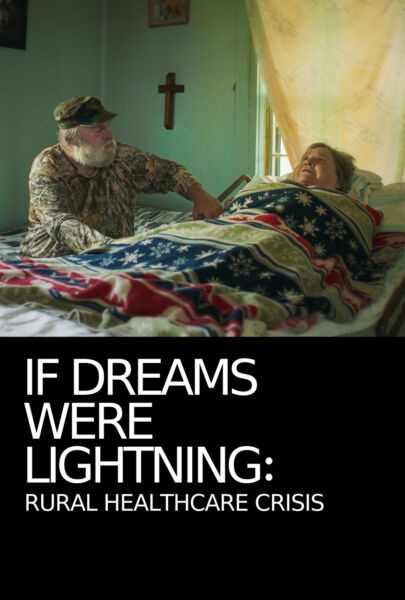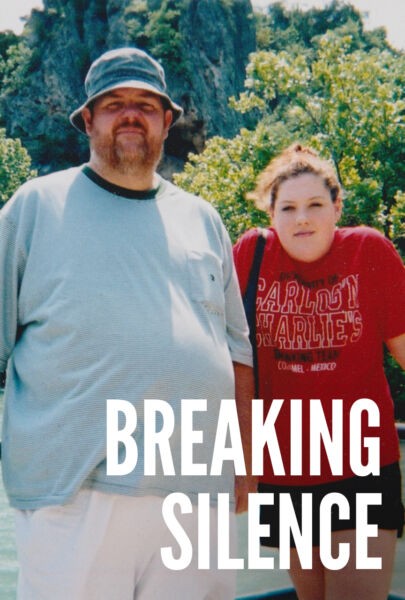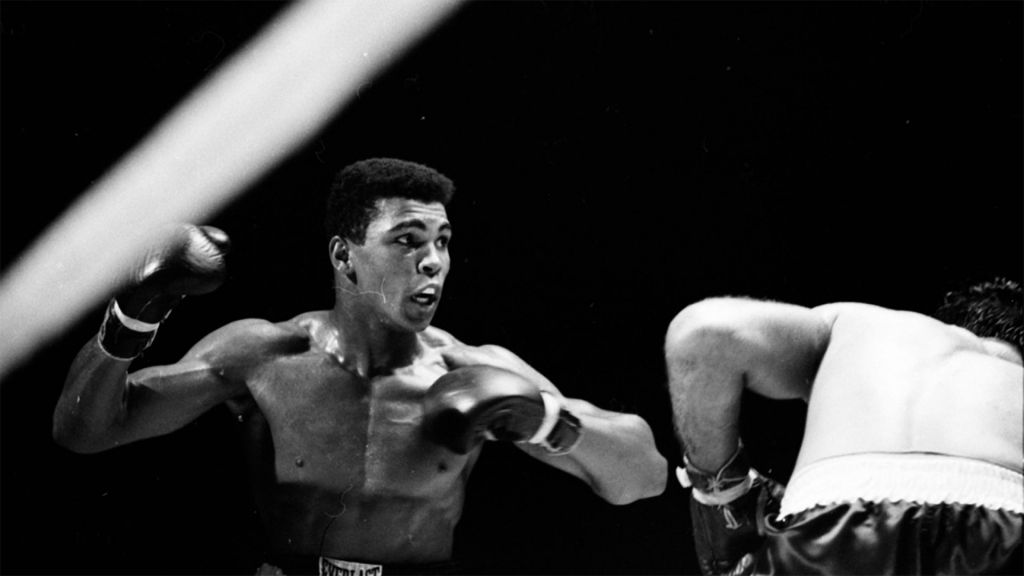
Documentary filmmaker Bill Siegel, whose previous film (co-directed with Sam Green) The Weather Underground was nominated for an Oscar, returned to the world of American political activism and history with The Trials of Muhammad Ali.
“Bill Siegel’s audacious documentary puts new heat and focus on what an extraordinary figure Muhammad Ali was outside the boxing ring. No film has probed this deeply into the fallout from his name change or his complex bond with Malcolm X and the Nation of Islam. And the saga of Ali’s refusal to be drafted during Vietnam becomes a profile in courage — a tale of shocking vilification and faith lost and found. A-“— Owen Gleiberman, Entertainment Weekly
“With the freshness and urgency of unexplored history, Siegel’s film allows us to set aside the goggles through which we view Muhammad Ali today… sheds fascinating new light on one of the most elusive and complicated public figures of the 20th century. Anyone who wants to understand what happened to America during those turbulent years needs to see this film.” — Andrew O’Hehir, Salon
In honor of Independent Lens presenting Trials of Muhammad Ali, Siegel was kind enough to put together a list for us of 12 films that have influenced him in his career in documentary. Take it away, Bill!
Here’s a list of some documentary films that have had a big impact on me in one way or another:
The War at Home, Glenn Silber, Barry Alexander Brown
I saw this when I was in high school in Minneapolis and it fueled my desire to go to college at UW-Madison. From watching the film, I figured if I went there, I’d learn at least as much outside the classroom as inside. Although the foment depicted in the film was largely gone by the time I got to campus during Reagan’s Morning In America, I was still right about the learning.
Eyes on the Prize, produced by Blackside
This came out when I first moved to Chicago right out of UW-Madison. I was struggling to find my voice as a storyteller, I was writing fiction, I interned at In These Times, eventually I went to grad school at the Columbia Journalism School in NYC, I volunteered at WBAI radio and got my ass kicked by Amy Goodman (who deserves a Pulitzer!), but the weaving of the archival footage and profound storytelling in Eyes on the Prize helped me realize that visual, non-fiction media was the storytelling device I’d been seeking to develop in myself all along. A landmark documentary then, now, and forever.
When We Were Kings, Leon Gast
[Editor’s note: Siegel was a writer on One Love, a documentary on the cultural history of basketball by Gast]
Obviously, I’m biased, Leon’s my man! I met him in NYC while I was working as a researcher on yet another Ali doc. Leon had come aboard that project, bringing his own trove of footage that he’d shot in Zaire and had already been working with for years. When the project we were on collapsed, Leon pulled his segment out, kept working on it and it became Kings. So I learned a lot about never surrendering from Leon, among many, many other things. He was in my corner for the entire time it took me to make The Trials of Muhammad Ali. He and I joked that I was making Before We Were Kings. Sometimes, I wish I’d gone ahead and used that title!
American Dream, Barbara Kopple
I saw this at the Music Box in Chicago and it blew me away. Barbara’s even-handedness, total access, complex, layered, but clear and righteous storytelling, all continue to inspire me. I also don’t think I’d ever been in a theatre with so many people watching a documentary up to that point, except for maybe Gimme Shelter or something. So it was amazing and important for me to witness a huge audience being blown away by a documentary right alongside me. Afterwards, a ton of people crammed into this tiny storefront across the street to continue being with Barbara and I remember thinking that it seemed like she just wanted to get back to work and that was really impressive.
Genghis Blues, Roko Belic
Sam Green and I were in NYC together working on Weather Underground, when this film came out. I remember laughing so hard and crying and just feeling this film so much. For years afterward, we had a kind of a code language that involved pondering what the Tuvans were saying to us and trying to speak in throat singing. This film has so much heart and you can’t make up the story. It’s still a spirit guide for me.
Bus 174, José Padilha
When Sam and I premiered The Weather Underground at Sundance in 2003, we didn’t have much time to see other films. But I’d read about this one in the catalog, got us tickets and made him go see it with me. Such an intense film and powerful use of archival footage. A good story well told is my doc-making mantra and this is a great example of why.
Battle of Chile (1976)/Chile: An Obstinate Memory (1998), Patricio Guzman
I’ve been fortunate enough to attend the Flaherty Film Seminar twice. I highly recommend it to any doc film lover (June 14-20 at Colgate this year and they offer fellowship support!) The second time, Patricio Guzman was there and screened several of his films. Obstinate Memory works best after you’ve seen Battle of Chile and I think they screened them back-to-back at Flaherty. In addition to my doc work, I work with a non-profit, The Great Books Foundation, training teachers in building critical thinking skills. The scene in Obstinate Memory, where the high school students are sobbing while watching Battle of Chile, went straight to my heart and was such a powerful illustration of how it works to recover history for the sake of the future.
Forever, Heddy Honigmann
This is a very quiet film, but it grabbed me from jump and still hasn’t let go. It’s shot in the Père Lachaise cemetery in Paris and is a meditation on the role of art in people’s lives. I do a bit of teaching in documentary and I when I address the subject of interviewing, I always use this film, because it’s like a seminar in the art of interviewing in addition to being a wonderful film on its own.
When the Levees Broke, Spike Lee
Spike showed up at IFC in NYC on the night of Trials’ theatrical premiere. He was wearing an Ali T-shirt, but he wasn’t there to see Trials. It was happenstance. Nonetheless, I talked to him briefly and told him that I like his docs more than his fiction films and really I was talking about Levees, which is sprawling and painful and poignant and will stand the test of time for all time. (Spike gave me a glare and that was pretty much that.)
Little Dieter Needs to Fly, Werner Herzog
I love pretty much everything Herzog does, so this is kind of stand-in for all his work, but I do especially like this one. It’s a great example of what Herzog says about not being an accountant of facts — that if you want facts, read the phone book — and his whole approach to manipulating reality to get at the essence of truth. I’d like to teach a course someday and call it, “Truth and Documentary” and I’d definitely use a scene from this film where Dieter Dengler gives a tour of his California home. It’s a healthy debate within documentary, where truth and documentary intersect (or collide) and I think it’s important for doc-makers to develop their own code of ethics, because certainly in that mix is honesty, or at least honest subjectivity. That Herzog also made Rescue Dawn (for which Steve Zahn deserved an Oscar, though art is not a contest) is further testament to his amazing work and that film is a great companion to this one.
My Perestroika (POV, 2011), Robin Hessman
My work in documentary and education both involve being open-minded at sunset, because you have been asking questions throughout the day and weighing and integrating interpretations and understandings different than the one you held at sunrise. I strongly believe we are all works-in-progress, and this film is an incredible contribution to the process of lifelong learning, and with it the idea of comparative history (they call it “The American War” in Vietnam). It is also a testament to the great ways and continued need for the documentary community to support its comrades as Robin was one of the first recipients of the Garrett Scott Documentary Development Grant, given annually at Full Frame. RIP Garrett, you are gone, but always remembered.
The Punk Syndrome, Jukka Kärkkäinen Jani-Petteri Passi
I saw this last year at the Chicago International Movies & Music Festival (CIMM). I can’t wait for this year’s CIMM, coming up next month! It was a pick from their catalog that was the first I’d heard of this film. I have some Finnish blood on my Mom’s side (another Finnish doc I love is Steam of Life with great depictions of sauna culture). Really, I’m more of a music lover than a filmgoer and this is a punk rock doc with a wide-open heart. The guys featured in it, all in their 30’s or 40’s, are on “the autism spectrum,” but then we’re all on “the autism spectrum.” Anyway, the anguish and anger and straight up, raw outpouring they put into their music makes a lot of other punk rock seem whiny by comparison. And the liberation they get from doing it is proof once again that true love and rock & roll conquer all if you dare.


